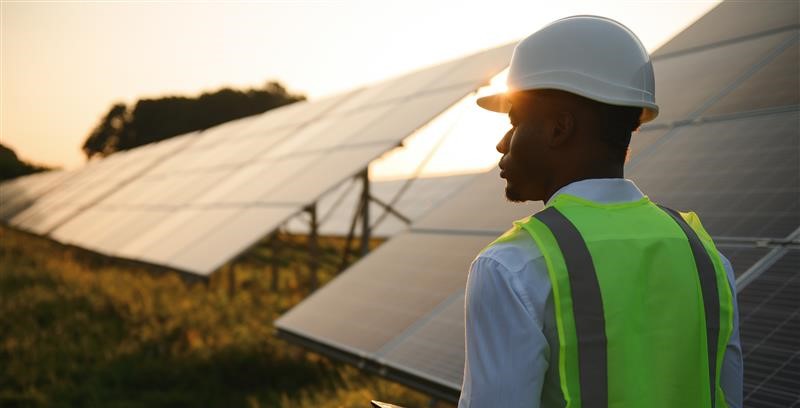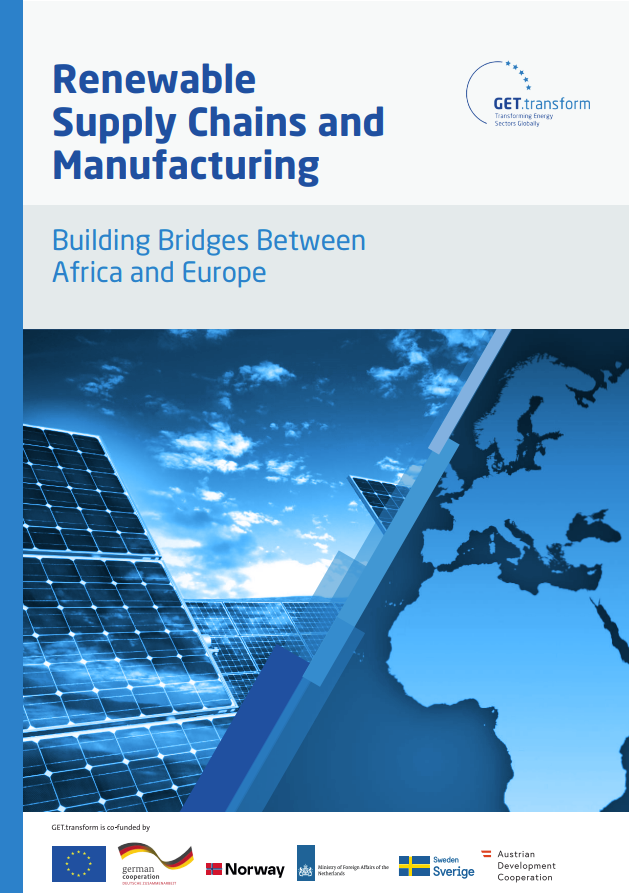A new report underscores the untapped potential for collaboration in renewable energy development across Africa and Europe. The study reveals that while Africa currently has limited regions capable of fostering robust manufacturing clusters, strategic actions and policies could rewrite the continent’s role in the global green industrial revolution.
Exploring the potential for renewable energy manufacturing in Africa, the study focuses on solar PV modules, wind turbines, Li-ion batteries, electrolysers, and grid components like cables and transformers. Local manufacturing of these components in Africa offers multiple benefits, including job creation, industrialisation, and reduced reliance on foreign reserves. The study analyses the challenges and opportunities in the African manufacturing landscape, applying a “company lens” and offering insights for decision-making and investment.
Market forces alone appear insufficient to scale manufacturing and access to affordable, long-term financing remains a critical barrier on the continent. Partnerships with Europe could bridge this gap, as the European Union offers lower-cost, patient capital to support strategic projects. Initiatives like the Net Zero Industries Act (NZIA) and the Critical Raw Materials Act (CRMA) create a framework for collaboration, as Africa holds vast reserves of critical minerals. The NZIA’s goal to produce 40% of renewable energy technologies within the EU leaves room for 60% to be manufactured externally, presenting opportunities for African ventures.
The potential is considerable, yet hurdles remain. Solar and wind manufacturing must align with local needs, while battery storage and green hydrogen sectors show promise with adequate support. The study also highlights overlooked opportunities in grid infrastructure and equipment manufacturing, such as insulators, circuit breakers, and control devices, which offer significant growth and investment potential.
By fostering synergies through robust policies, coherent strategies and support, Africa and Europe can jointly shape a sustainable, mutually beneficial future in renewable energy.



